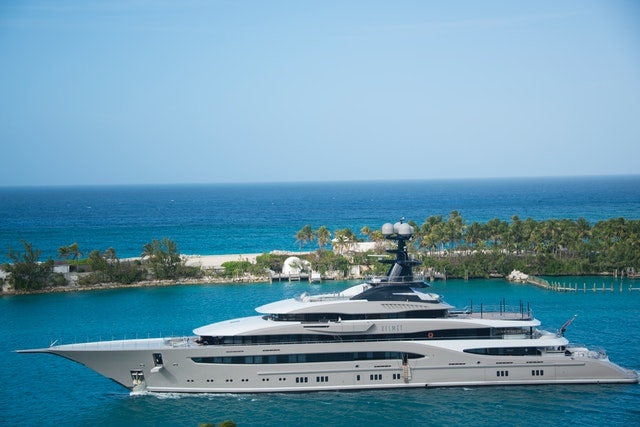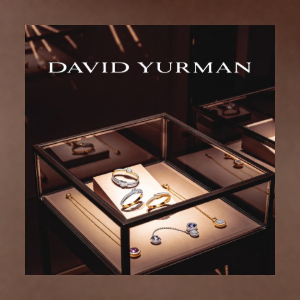No products in the cart.
7 Emergency Essentials for First-Time Yacht Owners

One of the greatest status symbols you can attain, is to own a yacht. Owning a yacht means that you have the expendable resources to buy and maintain a boat of your very own. Owning a yacht gives you so many opportunities and advantages. It gives you the opportunity to have great yacht parties and it allows you to travel the world at your own pace.
All in all, buying a yacht is an adventure. But, having a yacht can also be dangerous if you don’t have the essential tools. Your engine can break down in the middle of the ocean, or you can get blown off course during a storm. These instances can happen without warning and if you are unprepared, you may not survive. So, you should be as prepared as possible. Here are 7 essentials that every yacht owner should have. (Image Credit: Diego F. Parra/Pexels)
1. Floating Decks
Floating decks are usually made of plastic and they are very durable and buoyant. They are essential for boat owners because they allow you to create your very own platform. They are particularly useful in places that don’t have proper docks. They can also be constructed into various shapes such as floating bridges or even a platform where you can have parties.
Floating decks are easily transportable and can be set up with minimal fuss. Some companies, such as Hiseadock, have even taken floating dock manufacturing to a whole new level by adding an anti-skid feature to the decks. Overall, floating docks are essential tools to have in your yacht.
2. Flares
Flares are particularly useful during emergencies at sea. They allow you to show your location to rescuers. When choosing a flare, it is important that you select one that has great brightness, lasting power, and is waterproof. You can also purchase a flare gun, which is even more effective at getting a rescuer’s attention. Flare guns shoot flares up to great heights and can create greater illumination than a regular flare.
3. Emergency Rations
One of the major risks of going out to sea is that your boat runs out of fuel or malfunctions. This would leave your boat adrift, and it may take days or weeks before your boat is discovered. This is why you should always have emergency rations ready.
You may have a fridge full of food, but once your electricity runs out, your food will start going bad, very fast. This is where emergency rations come in handy. They can last almost indefinitely and will sustain you until you get rescued.
Great examples of emergency rations are crackers, canned goods, and dehydrated foods such as rice and noodles. Aside from food, you should also stock up on drinkable water. Remember, you can last for weeks without food, but only a few days without water.
4. Lifejackets
If you are going to sail a boat, it is very important that you have lifejackets on board. Here are different types of lifejackets you can read.
Although your boat may be in the best condition ever, there may be unforeseen circumstances where you will have to abandon ship. Even if you do know how to swim, having a lifejacket will allow you to stay afloat without having to expend energy. When you store your lifejackets, they should be placed somewhere accessible, and they must be easy to put on. Overall, having a lifejacket on board may mean the difference between life and death,
5. Lifeboats
Aside from lifejackets, lifeboats are extremely important parts of your survival gear. They are especially important if your boat is sinking and you need a stable platform fast. Your lifeboat should have ample space for you and other survivors. You should also have some emergency kits and rations on board the lifeboat. This is because you may not have the time to gather rations during an emergency.
Your lifeboat should be easily accessible and suspended in a way that it can be lowered onto the water in the most efficient way possible. Remember that you only have a few minutes until the boat sinks, so every second counts.
6. Toolbox
There will be times where your boat will break down, and if you want to get home you will need to know how to make the necessary repairs. This is why you need a toolbox. It should have all the important tools such as wrenches, screwdrivers, oil, fuel, and others to make the necessary repairs. Although you may not be an expert in doing boat repairs, it always helps to have the right tools in a crisis.
7. Satellite Phone
When it comes to surviving a life or death situation at sea, you will need to have the right equipment. One of the most important pieces of equipment you can have is a satellite phone. Satellite phones are specially designed to connect through satellites rather than terrestrial cell sites. This makes them usable in most geographical locations in the world and can connect to rescue boats very easily.
Satellite phones can be expensive and there are certain countries that limit their uses. So, you will have to be very careful when using them in international waters. But in a rescue situation, satellite phones are some of the best pieces of equipment to have by your side.
When you store a satellite phone, it should always be in a waterproof bag or case. You should also regularly charge them because you never know when an emergency may strike. It would be pretty devastating to get lost at sea with a dead satellite phone.
Conclusion
Having a yacht of your very own is an incredible opportunity for adventure, but it also comes with its own risks. Sailing a personal boat all by yourself is a difficult prospect because there are so many things that can go wrong. Your ship can get caught in a storm, engine trouble may occur, or you could accidentally hit a jutting rock and be stranded out at sea. The open seas are unpredictable, so you should always come prepared for any eventuality.









Leave a Reply